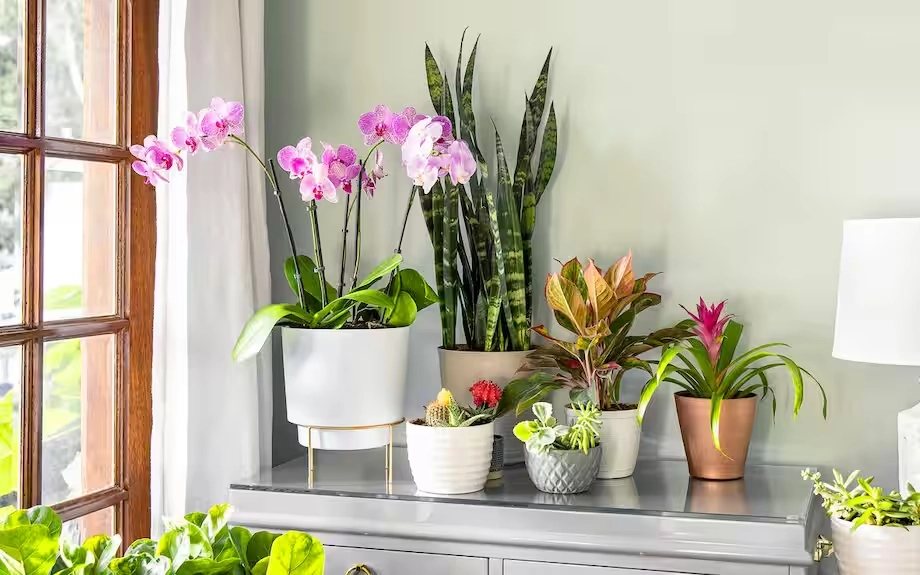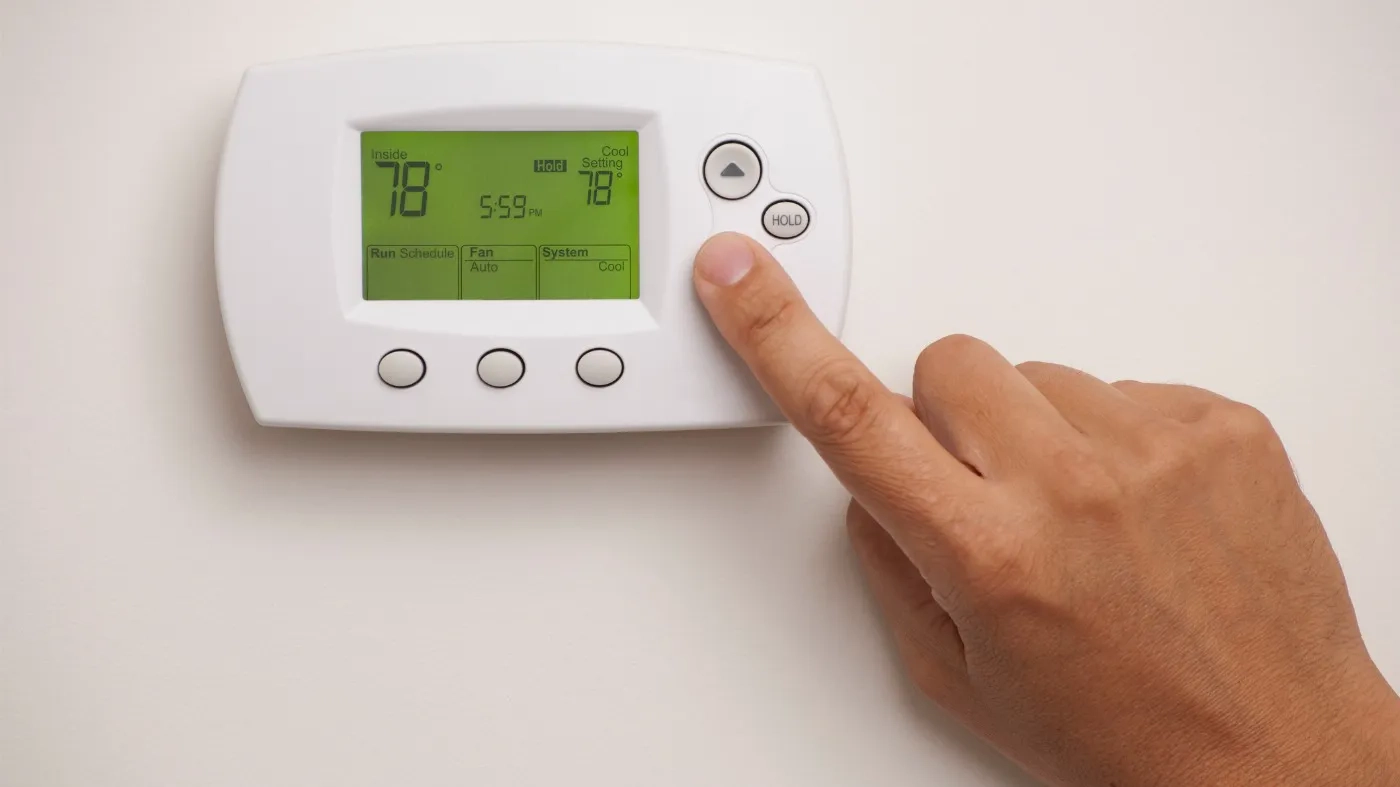Discover the Six Health Benefits of Incorporating More Plants into Your Living Space

Adding more plants to your home improves air quality, boosts immunity, enhances productivity, aids healing, and is cost-effective. They offer multiple health benefits beyond just looking good.
While many appreciate plants for their aesthetic appeal, their benefits extend far beyond mere looks. They play a crucial role in improving indoor air quality and offer various health advantages. Here are six compelling reasons why incorporating more plants into your home is a wise decision:
1. Enhanced Air Quality:
Indoor air quality often falls short of expectations, but plants can effectively combat this issue. By converting carbon dioxide into fresh oxygen, plants act as natural air purifiers. NASA even utilizes plants aboard the international space station to regulate air quality, demonstrating their efficacy in enclosed environments. Certain plants can filter out harmful airborne substances like benzene and formaldehyde, thereby improving the overall air quality within your home.
2. Immune Support:
Plants contribute to a healthier indoor environment by increasing humidity through transpiration. This process can lower the risk of developing common ailments such as colds, sore throats, and dry coughs. Research suggests that higher humidity levels may inhibit the transmission of flu viruses, underscoring the importance of incorporating plants into your living spaces.
3. Enhanced Workplace Productivity:
Numerous studies highlight the positive impact of indoor greenery on mental well-being and productivity. Office plants have been shown to elevate mood, reduce stress, and boost creativity and task performance. These benefits are not confined to traditional office settings; individuals working from home can also experience similar improvements by surrounding themselves with plants.
4. Cognitive Enhancement:
Indoor plants may contribute to cognitive enhancement, as evidenced by studies indicating improved focus and performance in tasks conducted in environments with natural foliage. By rejuvenating our capacity for directed attention, plants can enhance cognitive function and productivity, making them valuable additions to any workspace.
5. Accelerated Healing:
Plants have been recognized as effective complementary medicine for surgical patients, with studies demonstrating their ability to reduce post-operative blood pressure, pain, and anxiety. Incorporating plants into hospital rooms can create healing environments that promote faster recovery and overall well-being among patients.
6. Cost-Effective and Safe:
In addition to their health benefits, plants offer a cost-effective and low-maintenance way to enhance indoor spaces. Whether purchasing mature plants or nurturing seedlings, the investment in plants is relatively minimal compared to other wellness practices. Furthermore, plants require minimal upkeep and can deliver significant benefits with just a few strategically placed specimens.
In conclusion, the advantages of having more plants in your home extend far beyond aesthetics. From improving air quality to boosting immunity and cognitive function, incorporating plants into indoor spaces offers a myriad of health benefits that are both accessible and sustainable.






